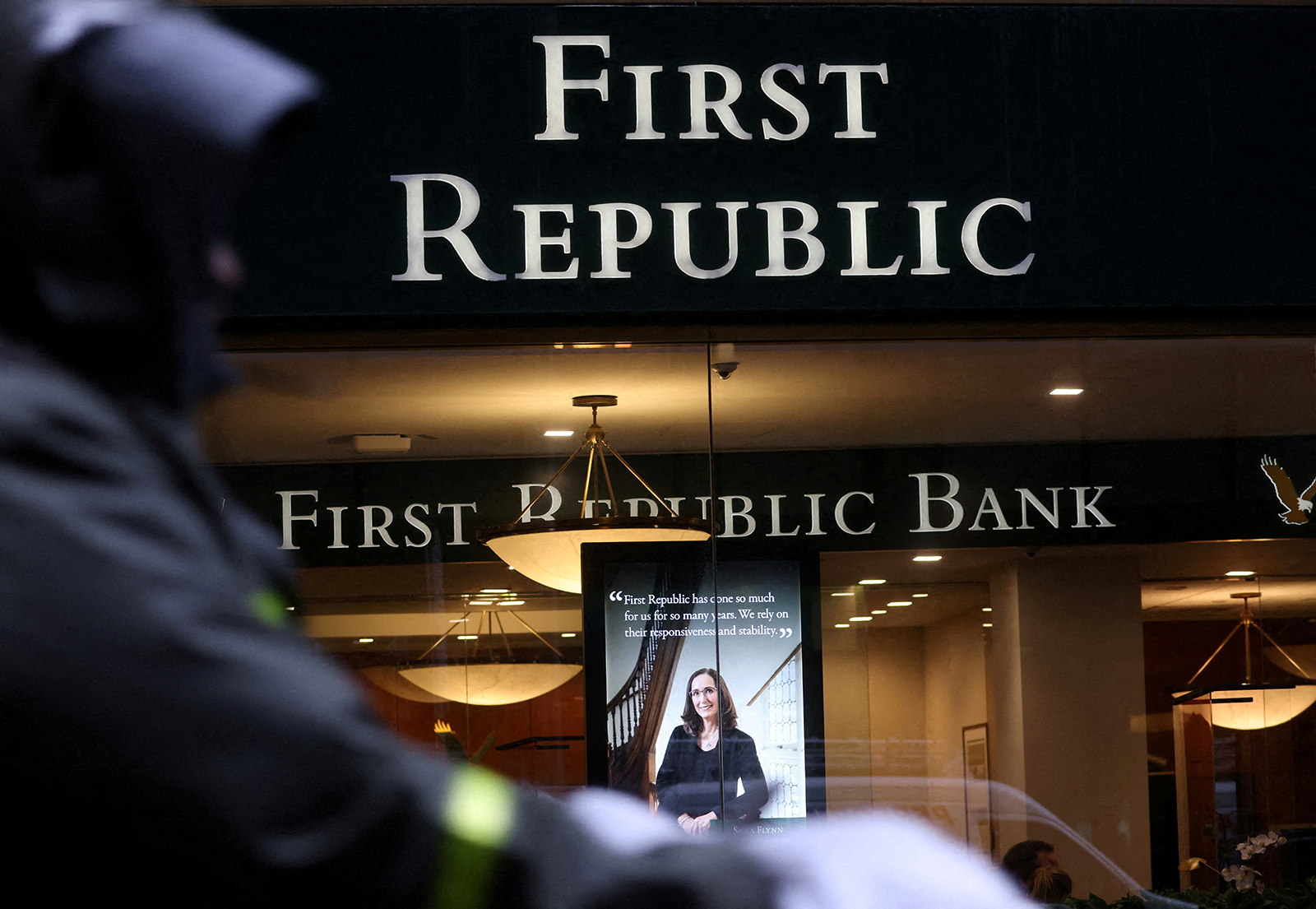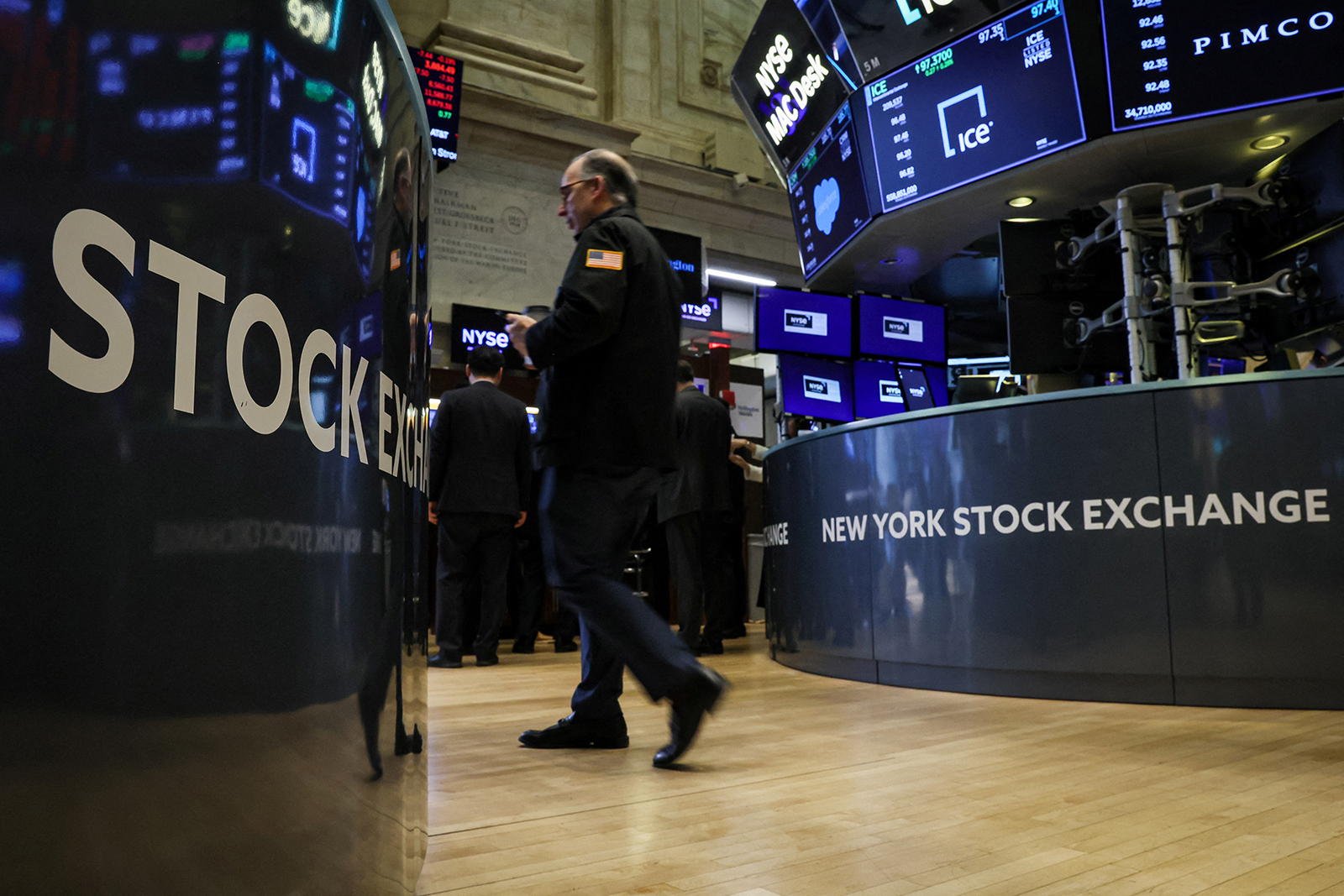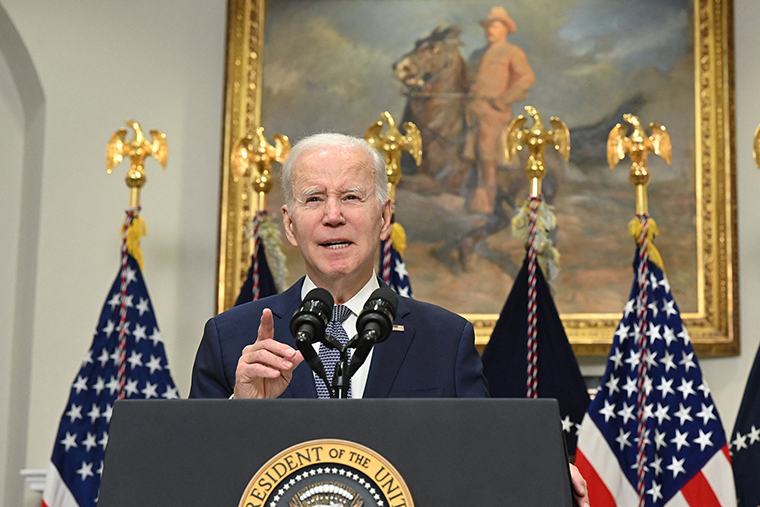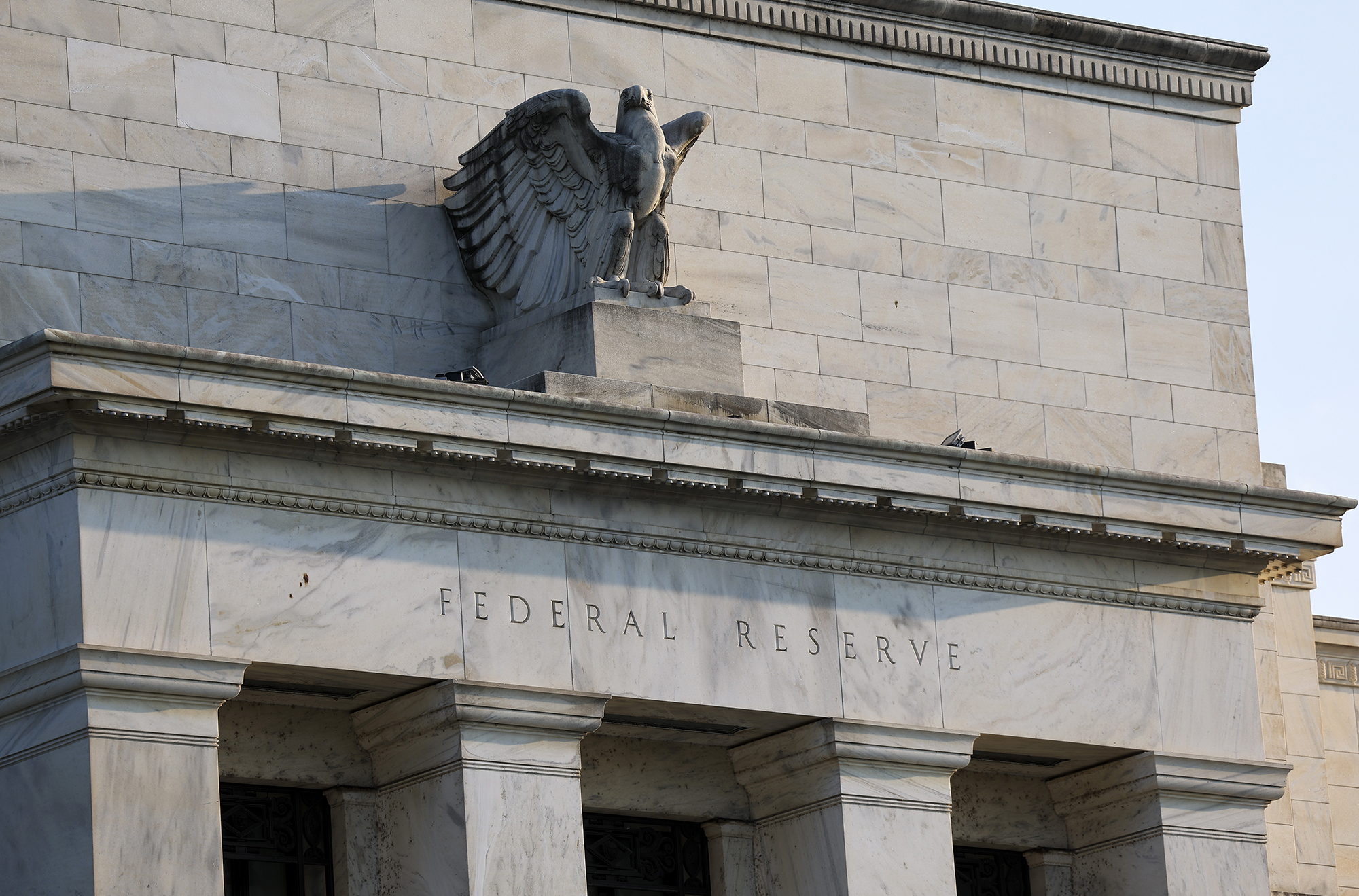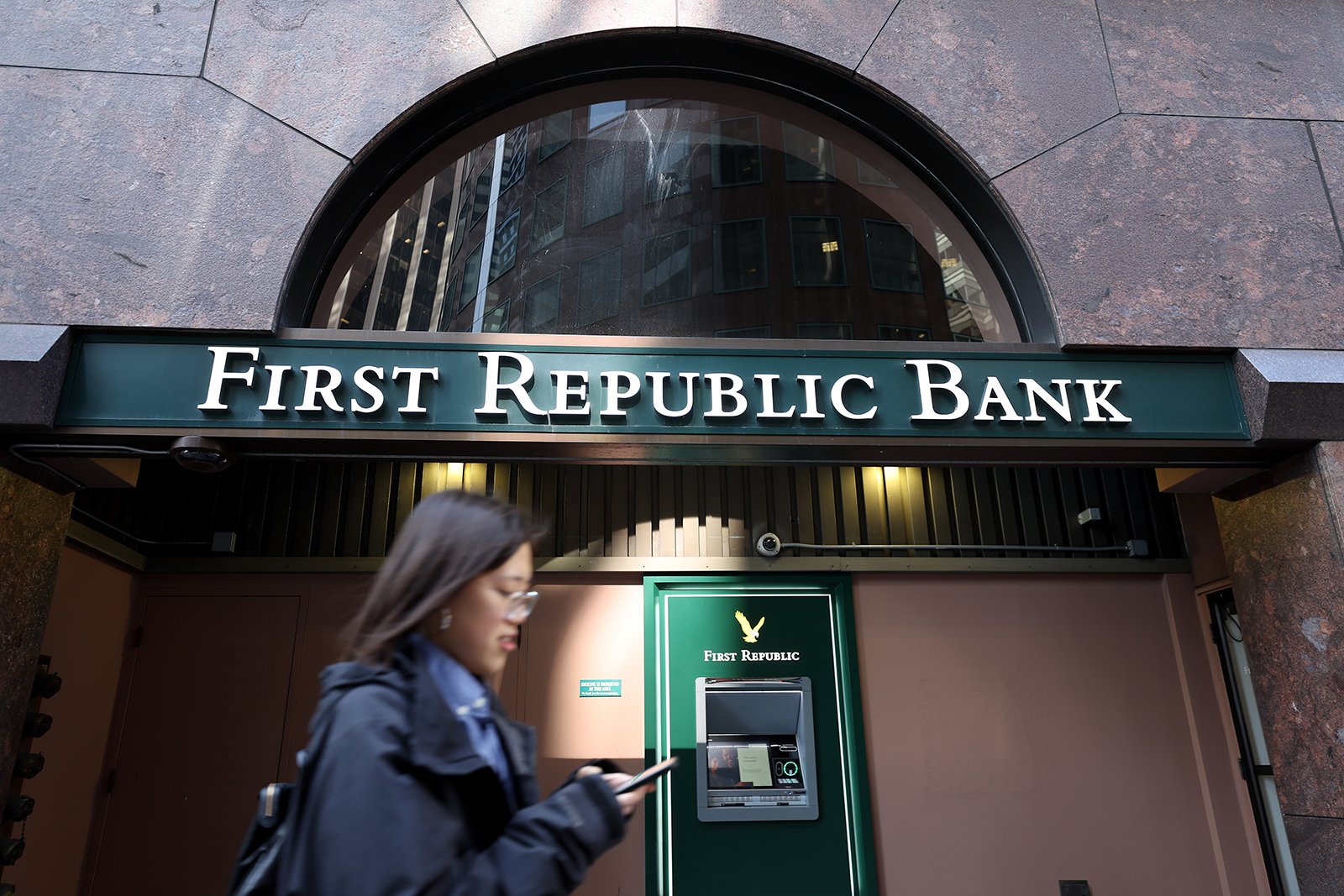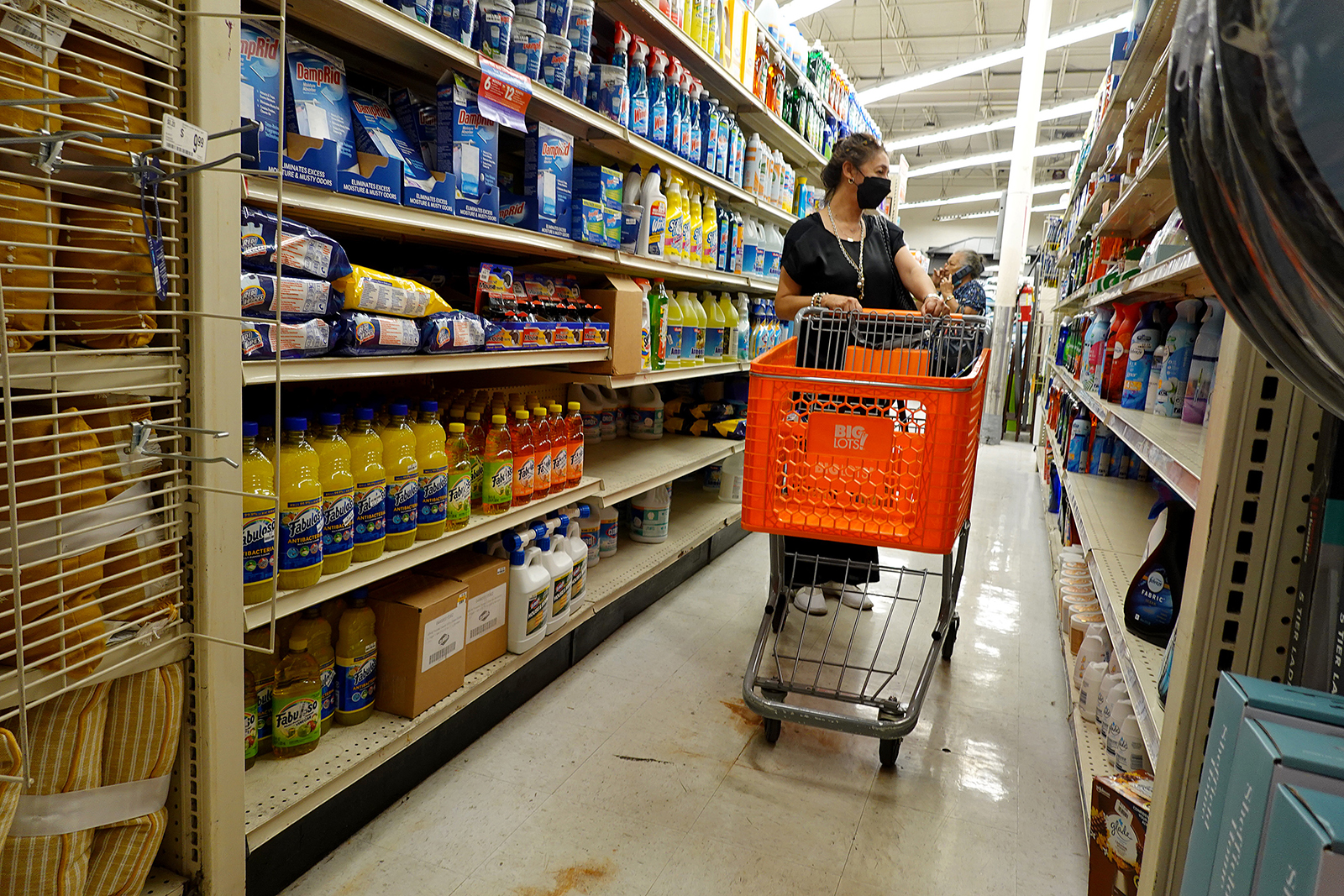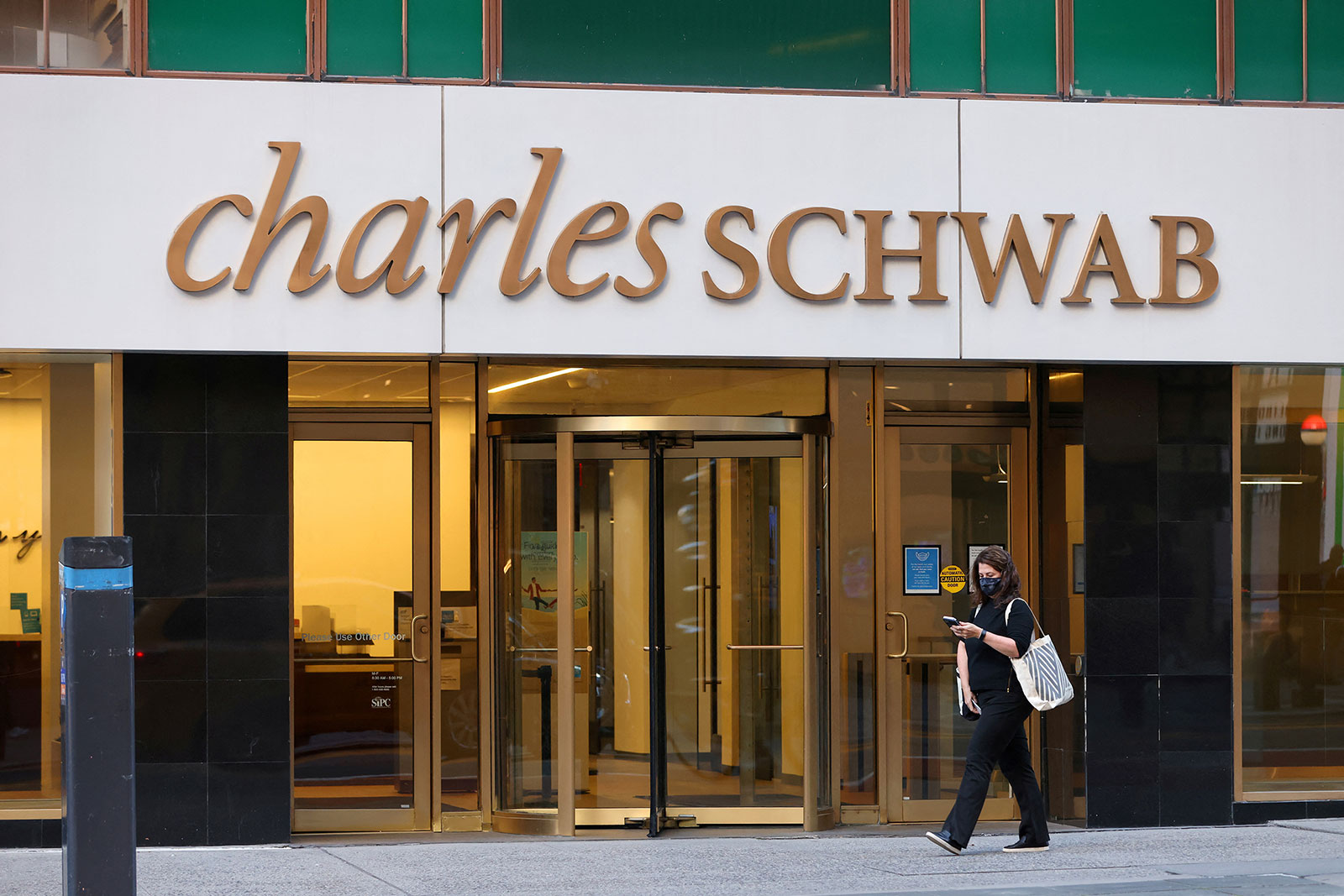
Charles Schwab is trying to reassure investors its customers are sticking with the financial broker, even as fear escalates about the banking sector.
The company said Friday it has received "strong inflows from clients" over the past week, bringing $16.5 billion in new business. That demonstrates "the trust clients place in Schwab," the brokerage said.
"Charles Schwab remains a safe port in a storm, driven by its conservative balance sheet, strong liquidity position, and diversified base of over 34 million account holders who invest with Charles Schwab every day," the company said in its statement. "We are confident in our approach and in our ability to help clients through all kinds of economic environments."
On Monday, however, Charles Schwab told a very different story. It had said customers had pulled 4% of their assets out of the bank and the amount of money clients owed the bank had fallen 28%.
Schwab's stock was down 3% Friday afternoon, though that was well off the low of the day. Shares have fallen 27% since SVB's bank run a week ago.
